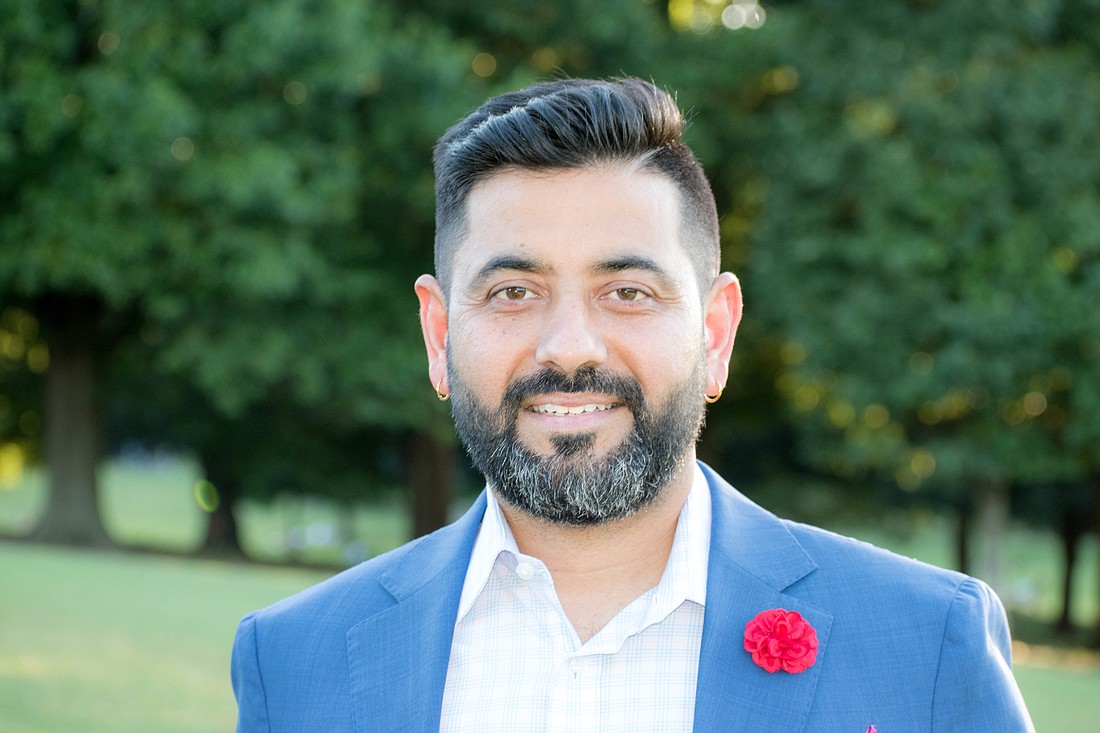- July 26, 2024
-
-
Loading

Loading

Cannabidiol, commonly known as CBD, has soared in popularity as consumers have discovered its myriad benefits, which range from anxiety, stress and pain relief to better sleep and even mood enhancement.
Obtained from hemp and marijuana plants, CBD has also proven popular because it doesn’t produce the same “high” effects as its close relative tetrahydrocannabinol, or THC — the psychoactive compound derived from cannabis. That also means CBD isn’t subject to the same regulatory scrutiny as cannabis — so the industry’s barrier to entry is much lower, as evidenced by the explosion of companies and products in recent years.
‘There’s no way I could trust the other companies out there, because at the end of the day, it’s our reputation on the line.’
Sameer Jessani aims to adhere to a higher standard. In 2018, after more than a decade of investing in gas stations and dollar stores, he founded Summitt Labs, which makes Kore Organic CBD oils, topicals and edibles.
The Tampa-based company operates a brick-and-mortar store in Atlanta but also sells wholesale and direct-to-consumer via the e-commerce store on its website. In its first year in business, the company, which has 15 employees, did $500,000 in sales. Last year, revenue more than doubled, to $1.2 million. “If everything goes how it's going currently,” Jessani says, “we are very much in line to double it. And every year after that, we'll double it.”
One of Jessani's core challenges, given the fast-growing marketplace, is to maintain the high standards at Summitt Labs against competitors that might not adhere to the same standards. “My biggest concern about the CBD industry is that it’s nonregulated,” says Jessani, 40. “We see products online and in stores every day selling for a fraction of the cost, because those businesses are misrepresenting the amount of CBD in the product and the quality of CBD.”
He adds: “CBD from China is much less expensive. I typically would pay $10,000 per kilogram for locally sourced CBD in Colorado, organic with all the right certifications, but the product that comes from China sells for $800.”
Customer education is the key, Jessani says, but even that sometimes isn’t enough. Private- and white-label manufacturers will sometimes misrepresent the amount of CBD in the products they make, as Jessani discovered when he attended a Private Label Manufacturers Association trade show in Chicago and met with the owner of a nutraceutical company to discuss his requirements for a CBD gummy product he wanted to bring to market.
“He said, ‘What do you want the package to say?’” Jessani recalls. “I said, ‘I want the package to say what is in the gummy.’ He said, ‘It doesn’t matter. If you tell me you want 1,000 milligrams, I will write on the package, “1,000 milligrams.” There’s no way for the consumer to find out whether it’s 1,000 or 20 milligrams.’”
That’s when Jessani decided to make his own CBD products, not pay someone else to do it. “There’s no way I could trust the other companies out there,” he says, “because at the end of the day, it’s our reputation on the line.”
Jessani trained as a software engineer before embarking on his various entrepreneurial ventures in the early 2000s and was accustomed to problem-solving using brain power and determination. He found a product formulator, Troy Rendueles, who also became his business partner in Summitt Labs, along with Suhail Rifaie and a few silent investors. (Jessani, with 50% of the privately held company, is the majority shareholder.)
The group decided to market its products to customers whose priorities are health and wellness, not people looking to get high. That's why Kore Organic CBD packages are simple — brown with black lettering, no pictures, graphics or bright colors.
Jessani likes to refer to Kore Organic CBD as “social entrepreneurialism,” adding: “We created a product that actually helps people. We didn’t want a product that was just money-driven. We wanted something that would be helpful to society.”
The customer education challenge, meanwhile, runs through a variety of segments. For example, CBD, though technically legal at the federal level, faces a tough road to gain mainstream acceptance among large financial institutions and advertising platforms like Facebook and Google. “Few banks will work with you,” he says. “CBD can’t be sold on Amazon. … Facebook, Instagram and Snapchat all have stringent rules for advertising. You have to get very creative to acquire new customers.”